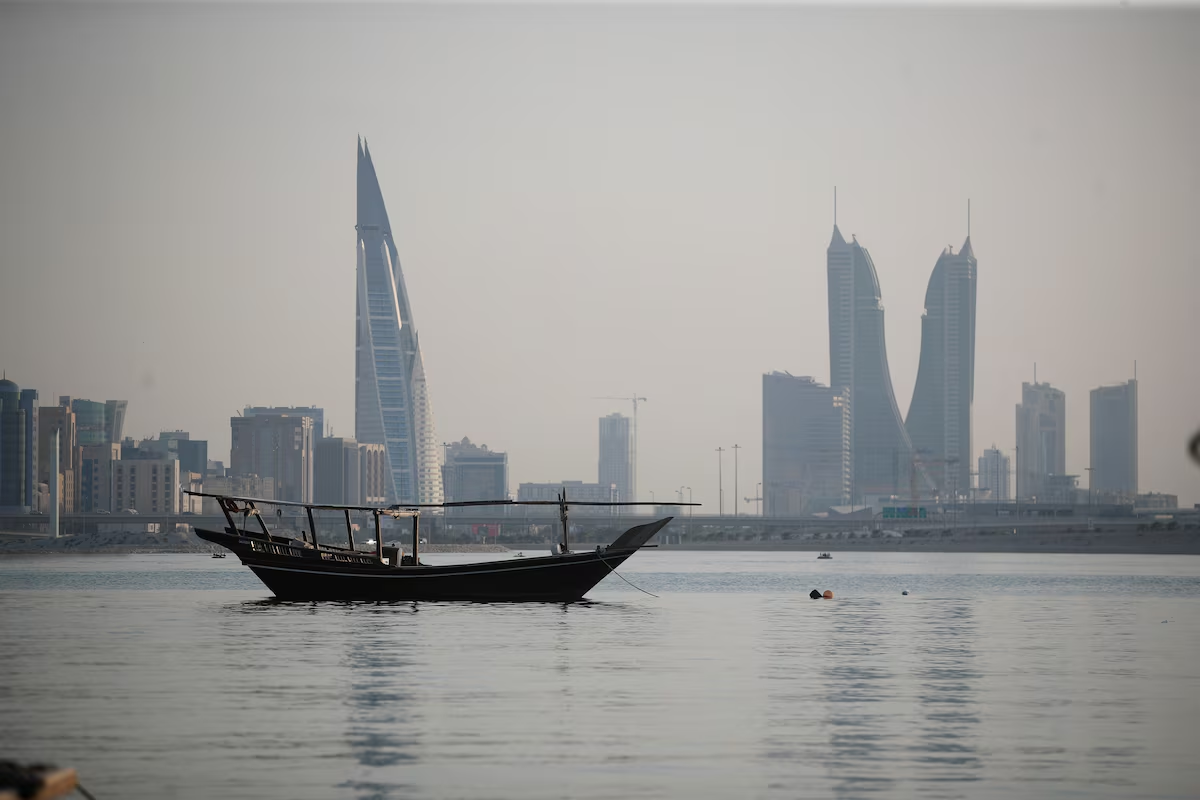In an explosive geopolitical move that threatens to jolt the global economy, the Iranian parliament on Sunday, June 22, 20245, approved the immediate closure of the Strait of Hormuz, effectively cutting off the world’s most strategic oil chokepoint.
The decision, passed in a fiery emergency session in Tehran, comes on the heels of escalating hostilities with the United States and growing tensions across the Middle East.
Lawmakers declared the action a necessary response to what they called “continued aggression and military threats” from Washington and its allies.
“The Persian Gulf is our sovereign zone. Any threat to our national security will be met with an iron fist.
The strait is now closed to all hostile vessels,” thundered Parliamentary Speaker Mohammad Bagher Ghalibaf after the vote.
The Strait of Hormuz is the narrow maritime corridor linking the Persian Gulf to the Gulf of Oman and the Arabian Sea.
It is the passageway for over 21 million barrels of oil per day — almost 20% of global petroleum consumption. Its closure sends immediate tremors through world markets.
Brent crude surged $12 in early trading, touching $101 per barrel for the first time in nearly two years.
Major stock indexes dipped sharply, with oil-dependent economies facing volatility.
Shipping insurance premiums for Gulf-bound vessels skyrocketed overnight.
The United Arab Emirates and Saudi Arabia have activated emergency energy coordination teams.
Meanwhile, the U.S. Navy’s Fifth Fleet, stationed in Bahrain, has been placed on high alert, with warships reportedly repositioning near the strait
Iran’s move is widely interpreted as retaliation for recent U.S. strikes on Revolutionary Guard facilities and Iranian proxy targets in Iraq and Syria.
The Islamic Republic had warned that any aggression would be met with “strategic consequences.”
Analysts view the parliament’s vote as both symbolic and operational.
While Iran has long threatened to block the strait, this is the first formal legislative authorization for such an act.
Satellite images show increased Iranian naval presence near the mouth of the strait, and multiple oil tankers are now stranded or rerouted.
The White House issued a brief statement calling the closure “an unacceptable threat to global commerce and freedom of navigation.”
Pentagon officials confirmed “all options remain on the table,” and emergency diplomatic consultations are underway with NATO, Japan, and the G7.
A senior U.S. defense official, speaking on background, warned of “grave consequences” should Iran obstruct maritime freedom in international water.
The move is expected to further inflame tensions between Iran and its Gulf neighbors, particularly Saudi Arabia and the UAE, who rely heavily on the strait for oil exports.
Israel, already on high military alert amid skirmishes with Hezbollah and Iranian-backed militias, labeled the closure “an act of war.”
The United Nations Security Council has called for an emergency session tonight in New York.
With military escalation likely, global energy markets may face their most volatile period since the 1973 oil embargo.
The possibility of a full-scale naval confrontation cannot be ruled out.
Iran, however, remains defiant.
“If they want the strait open, they should leave our region,” said senior Iranian MP Mojtaba
Zolnouri. “We did not start this. But we will finish it.”




